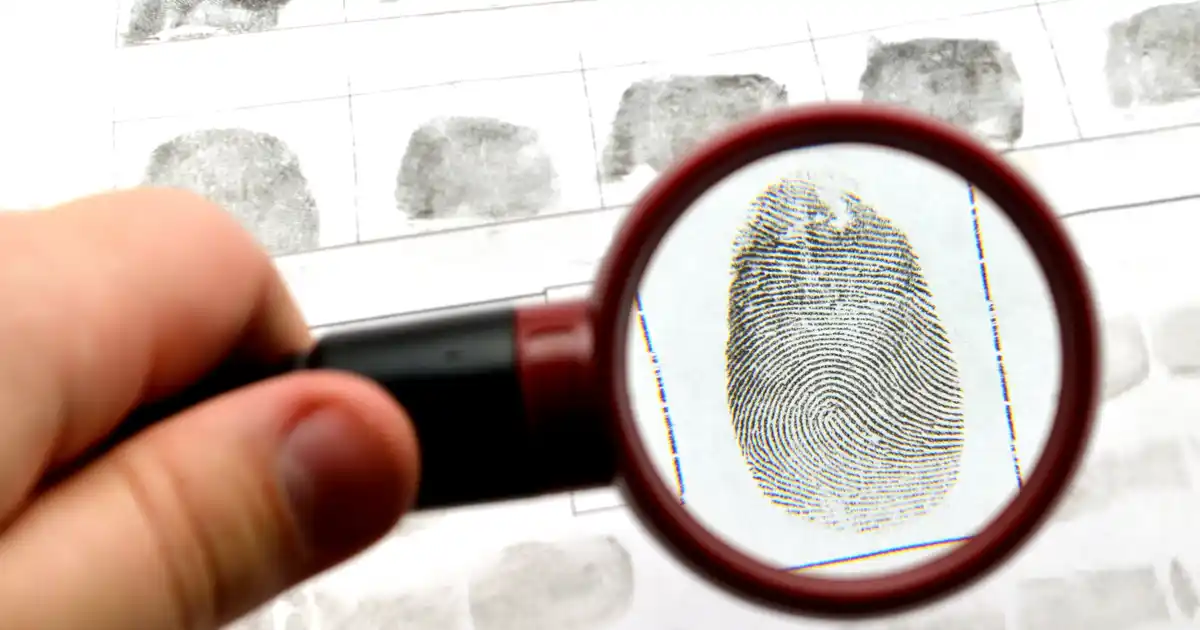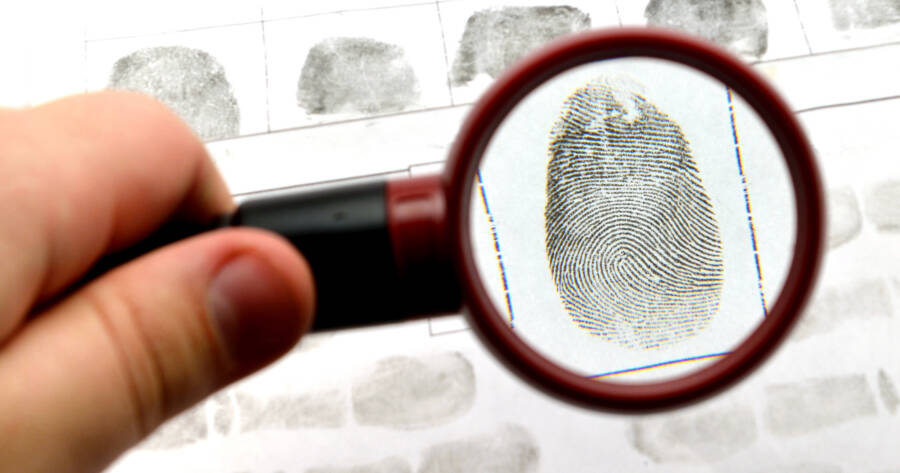In an age where technology increasingly intersects with crime-solving, the value of accessible education has never been clearer. Offering a range of tools from DNA analysis to crime scene investigation techniques, the role of free online forensic science courses has rightly become a game-changer. Whether you’re an aspiring professional or an everyday citizen who’s passionate about solving crimes, you can find a forensic science course with an online search right now – and it won’t cost you a dime!
Closing the Knowledge Gap in Forensic Science
Up until a few years ago, the study of forensic science was largely limited to academic institutions and police academies. However, the advent of online courses has democratized this field of study.
Now, people from all walks of life can access high-quality instruction on complex topics such as ballistics, fingerprinting, and toxicology. This proliferation of knowledge serves to fill the educational gap between law enforcement agencies and the public.
The Tools of the Trade: What You Can Learn
An introductory forensic science course covers a multitude of topics, aiming to provide a comprehensive overview of crime scene investigations. Students learn the basics of DNA extraction, the importance of trace evidence, and even the psychology behind criminal behavior.
Advanced modules tackle more complex issues like cyber forensics and mobile device data extraction. By the end of the course, students have a robust skill set that can be applied in real-world scenarios.
A Catalyst for Community Involvement
The impact of these courses extends beyond professional development. Many students who enroll have no formal background in law enforcement but wish to take on more community responsibility.
Students learn to notice details that may otherwise be ignored, from odd tire marks to inconspicuous fingerprints. As a result, community members become extra eyes and ears for local law enforcement, sometimes providing crucial leads in ongoing investigations.
Free Forensic Science Course Options
While the concept of a free online forensic science course might seem revolutionary, there are several credible platforms that offer such educational opportunities:
- Coursera offers the Introduction to Forensic Science course in collaboration with Nanyang Technological University, Singapore, covering the basics of forensic chemistry, biology, and digital forensics.
- FutureLearn offers the Forensic Psychology: Witness Investigation course, which dives into the psychology behind crime investigation.
- Open University provides a free course named Forensic Psychology, focusing on crime, policing, and the court system.
- edX offers an intriguing course in collaboration with the University of Cambridge called Forensic Science: DNA Analysis, which takes you through the step-by-step process of analyzing a crime scene.
Each of these courses gives you a comprehensive understanding of forensic science, opening the door to deeper involvement in crime-solving.
Practical Skills and Hands-on Experience
While most of these courses start with foundational theories, they often incorporate practical exercises designed to simulate real-world scenarios. For example, the edX course on crime scene analysis includes interactive case studies that allow students to apply their newly acquired knowledge in a controlled environment.
Coursera’s offering goes a step further by using augmented reality to create immersive lab experiences, letting students virtually analyze DNA samples or trace substances. This experiential learning component sets these courses apart, making them not just informational but also operationally relevant for both professionals and laypeople.
Networking and Collaboration Opportunities
Students often find themselves in virtual classrooms with law enforcement officials, legal experts, and other community members interested in forensic science. Discussion forums and group projects facilitate collaborative problem-solving, enhancing the learning experience while building valuable connections.
In some cases, these virtual relationships have even translated into real-world collaborations, where students and professionals team up to discuss or solve actual cases, further amplifying the impact of these educational platforms.
Skepticism and Ethical Concerns
While the benefits of a free forensic science course are manifold, it’s important to address the ethical considerations that arise. For instance, there’s the question of whether community involvement might compromise the integrity of an ongoing investigation.
Issues around data privacy and evidence mishandling also warrant careful attention. However, most courses provide ethical guidelines to students, emphasizing the importance of collaborating with law enforcement rather than attempting to take matters into their own hands.
The Future: Scalable Education and Enhanced Crime-Solving
As more people enroll in forensic science courses, the ripple effect on crime-solving is likely to grow. These courses are continually updated to incorporate advancements in forensic technology and methodology.
By fostering a more informed public, we’re not just elevating individual skill levels; we’re creating a collaborative ecosystem that can respond more effectively to criminal activity.
Seek Justice With a Forensic Science Course
A free online forensic science course is much more than an educational resource; it’s a tool for societal betterment. It bridges the gap between professionals and the general public, offering both groups a way to deepen their understanding of crime-solving techniques.
With an online search, you can explore a variety of options in order to find the curriculum that best suits your interests. Whether you’re a career detective looking to update your knowledge or a concerned citizen wanting to make a difference, these courses offer a unique pathway to contribute to the justice system.
 Shutterstock: Meg007
Shutterstock: Meg007